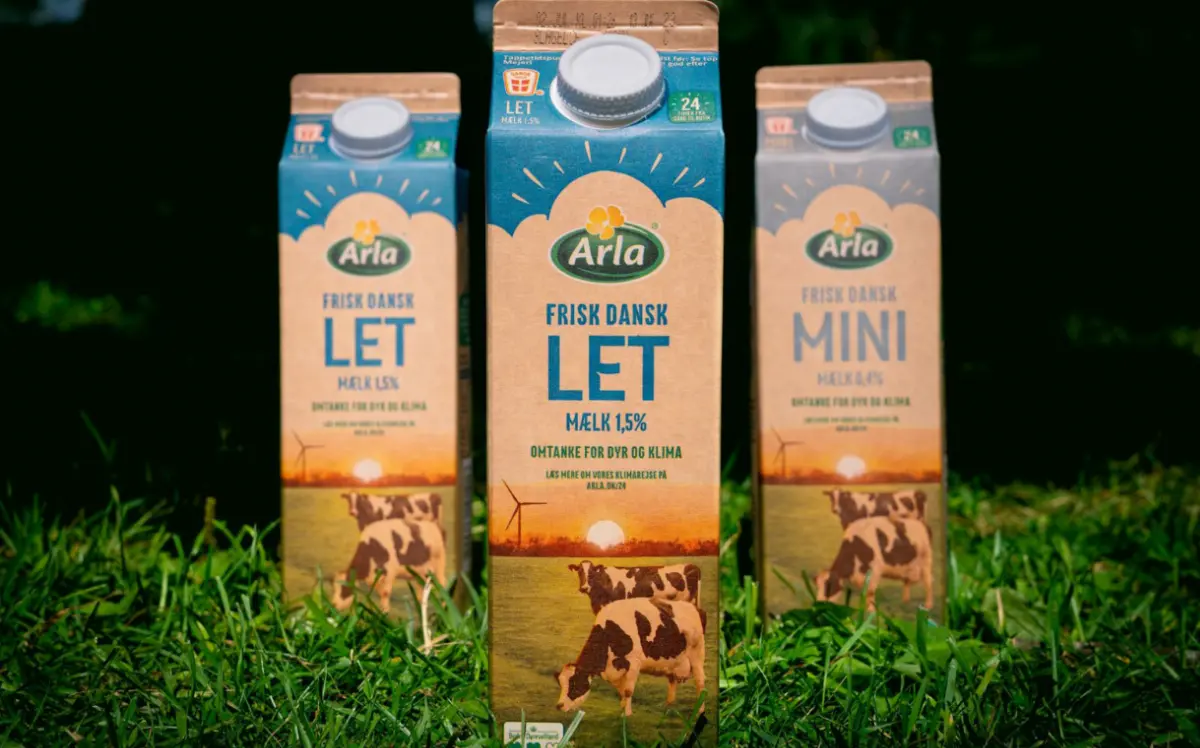
Do you want to access to this and other private contents?
Log in if you are a subscriber or click here to request service
Arla Foods, new fiber-based caps from Scandinavia.
Danish dairy cooperative's green revolution involves Blue Ocean Closures (Alpla)

Speaking of sustainability, we cannot fail to pay attention to what is happening outside our national borders, where green initiatives are multiplying far more than at home. One example is Arla Foods, an international cooperative based in Viby, Denmark and the seventh largest dairy company in the world. The company is partnering with Swedish start-up Blue Ocean Closures (partly owned by Alpla, a global...
fc - 32827
EFA News - European Food Agency
EFA News - European Food Agency